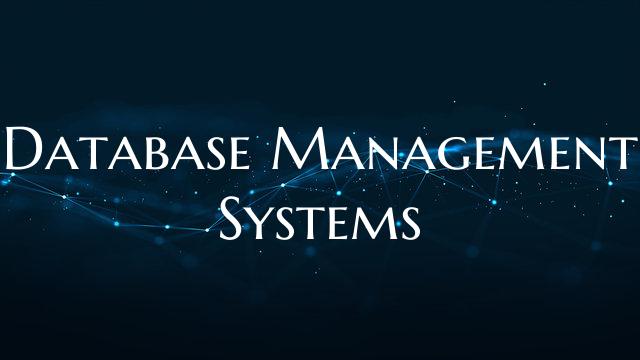Database Management Systems
Database Management Systems (DBMS) play a crucial role in organizing, storing, and managing data efficiently for businesses and organizations. These systems serve as the backbone for various applications, enabling users to store, retrieve, and manipulate data as needed.
There are different types of DBMS, including relational, NoSQL, object-oriented, and more. Relational DBMS, such as MySQL, Oracle, and SQL Server, are widely used for their structured data storage and efficient querying capabilities. NoSQL databases like MongoDB and Cassandra are favored for handling unstructured or semi-structured data, providing greater flexibility and scalability.
DBMS offer a range of features to simplify data management tasks, such as data validation, backup and recovery, concurrency control, and security mechanisms to protect sensitive information. They also support multiple users accessing the database concurrently, ensuring data integrity and consistency across applications.
In addition to data storage, DBMS provide tools for data analysis and reporting to derive valuable insights for decision-making. Through query languages like SQL (Structured Query Language), users can retrieve specific information from databases and perform operations like filtering, sorting, and joining data sets.
Overall, Database Management Systems are essential tools for modern businesses to handle vast amounts of data effectively, ensuring reliable storage, organization, and accessibility for optimal decision-making and operational efficiency.

